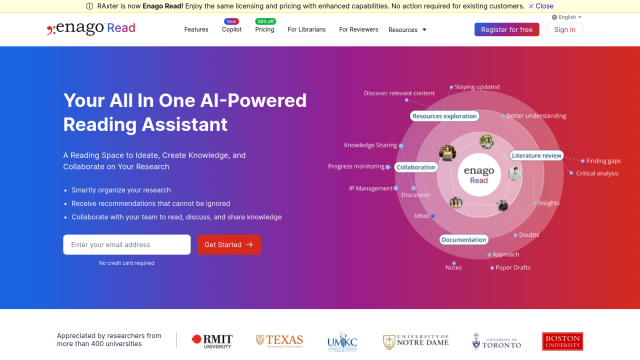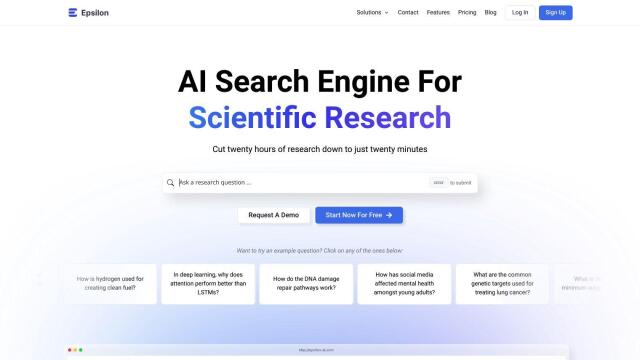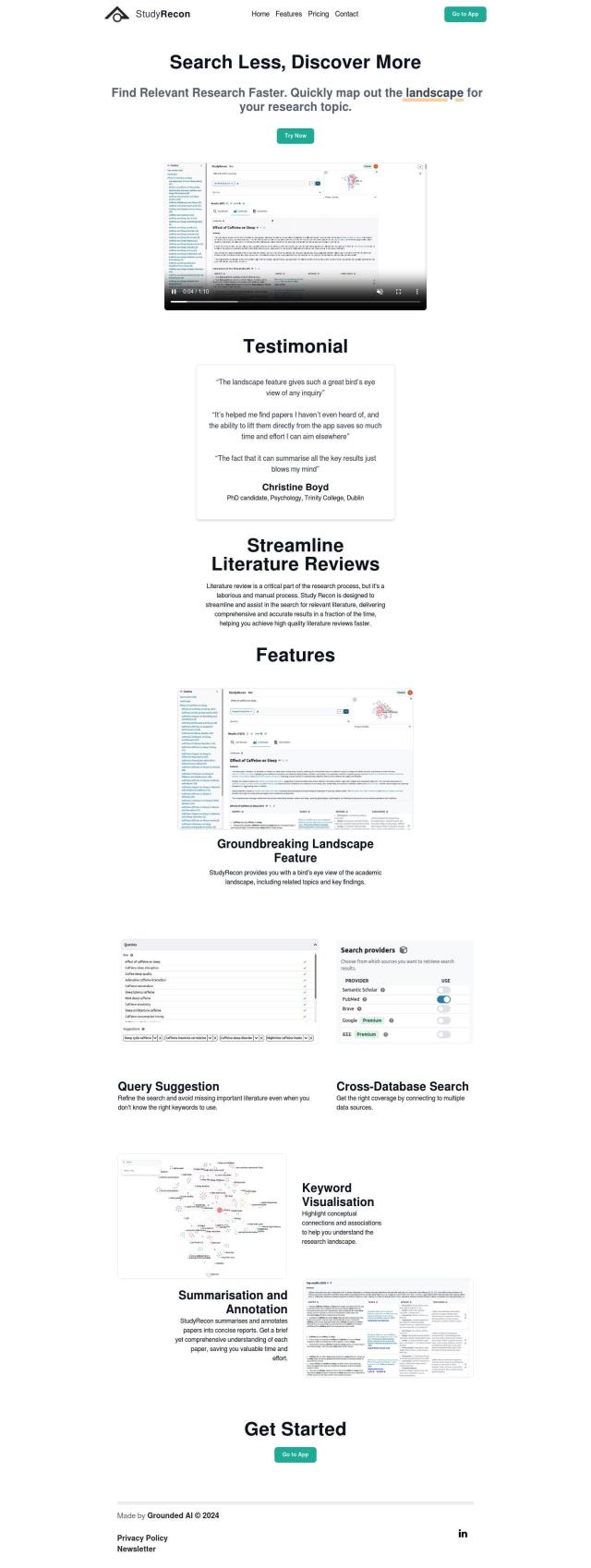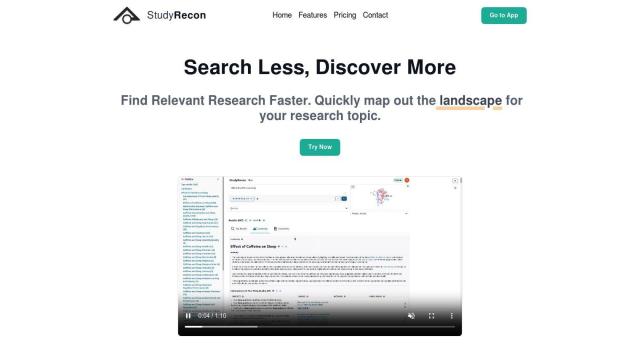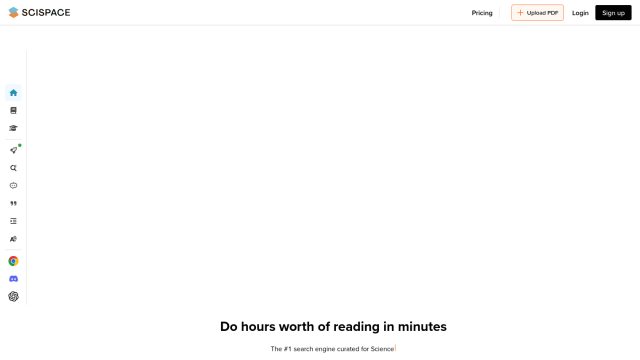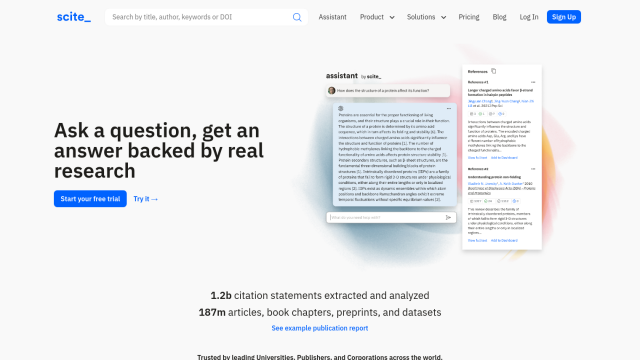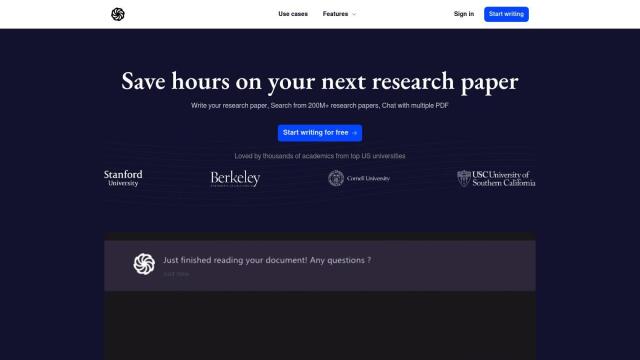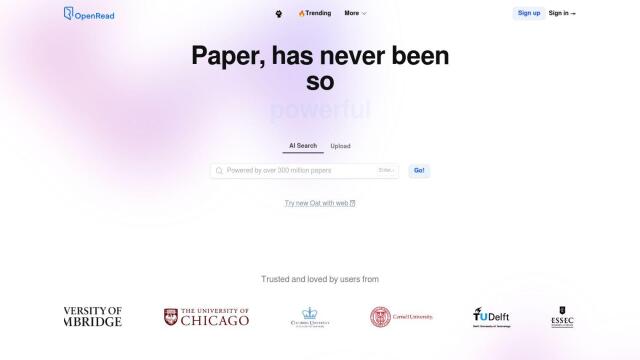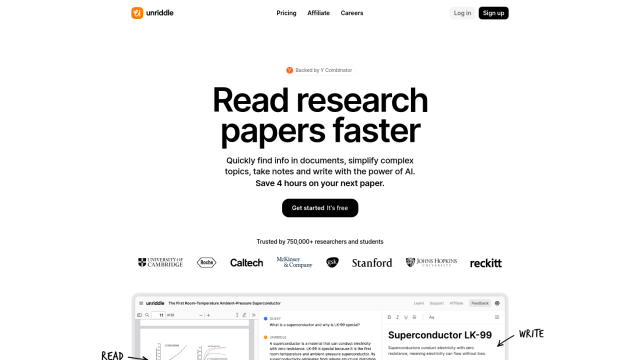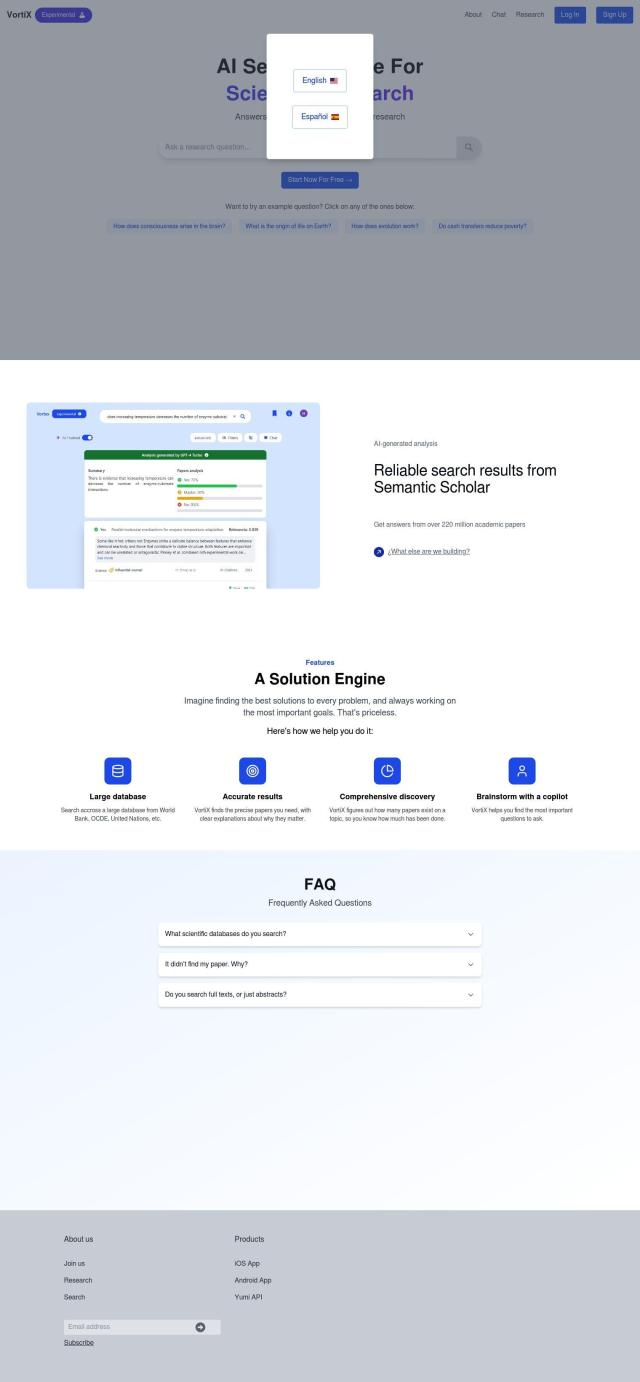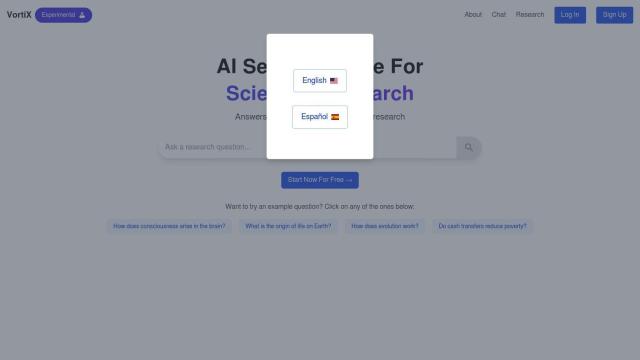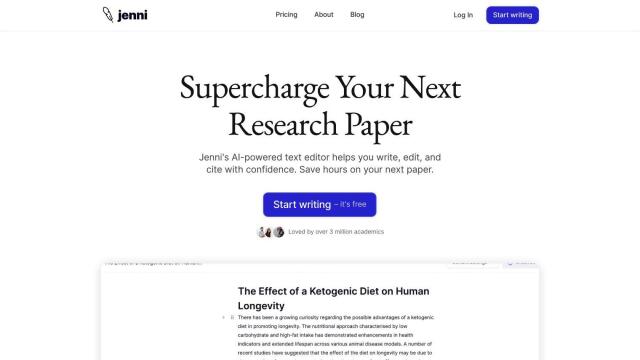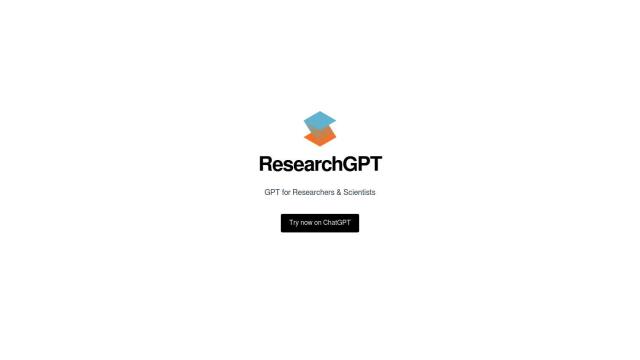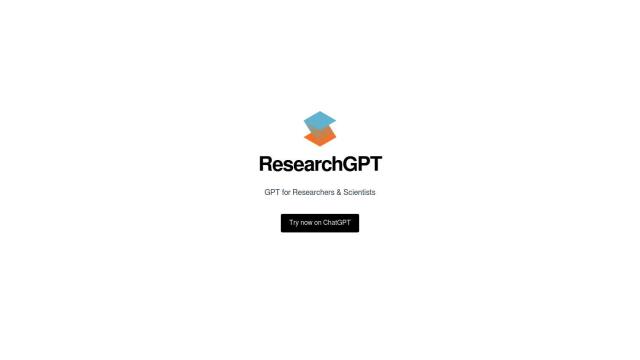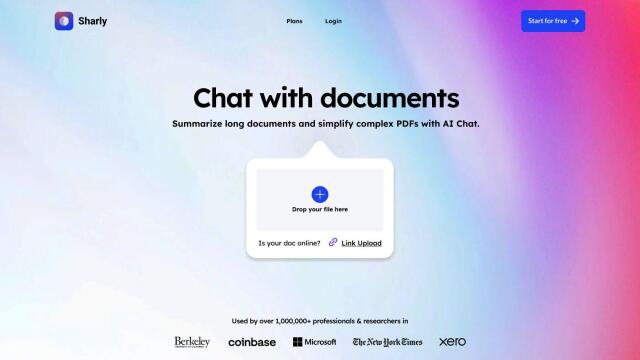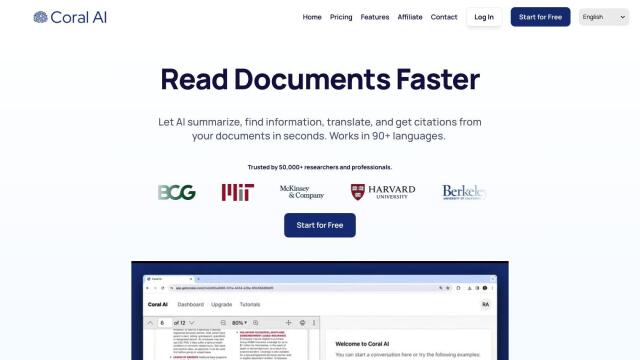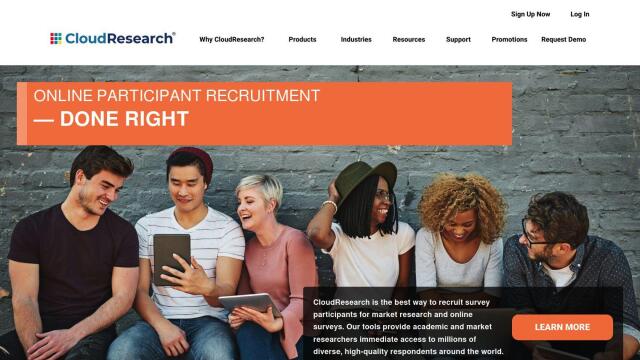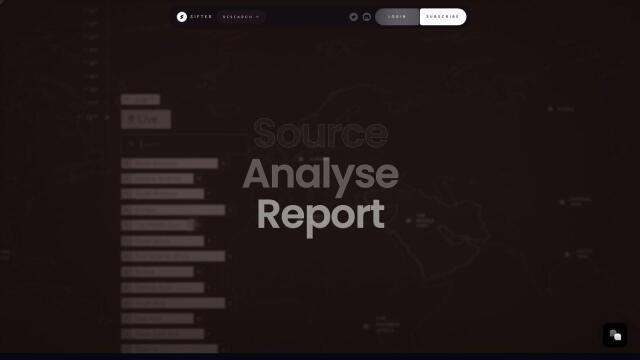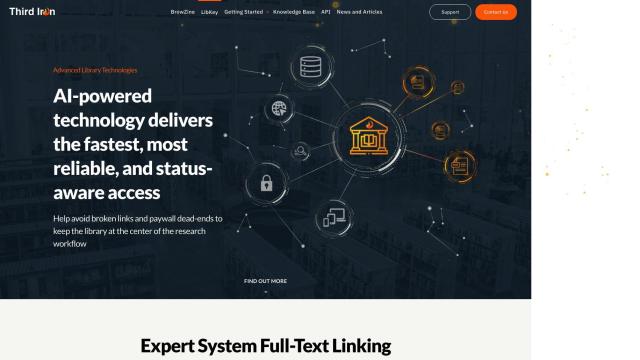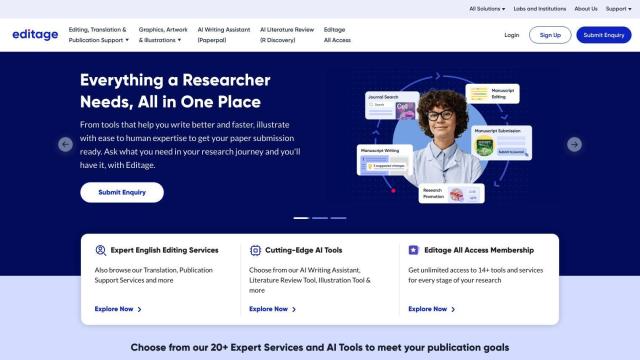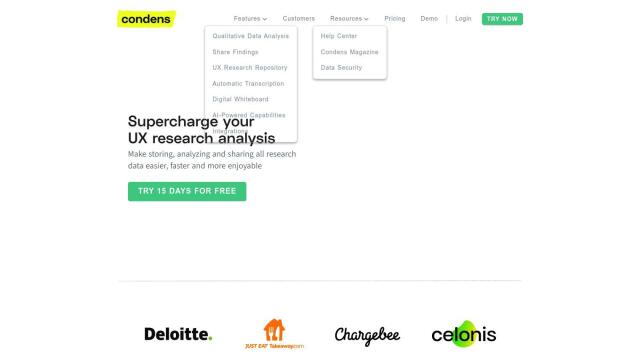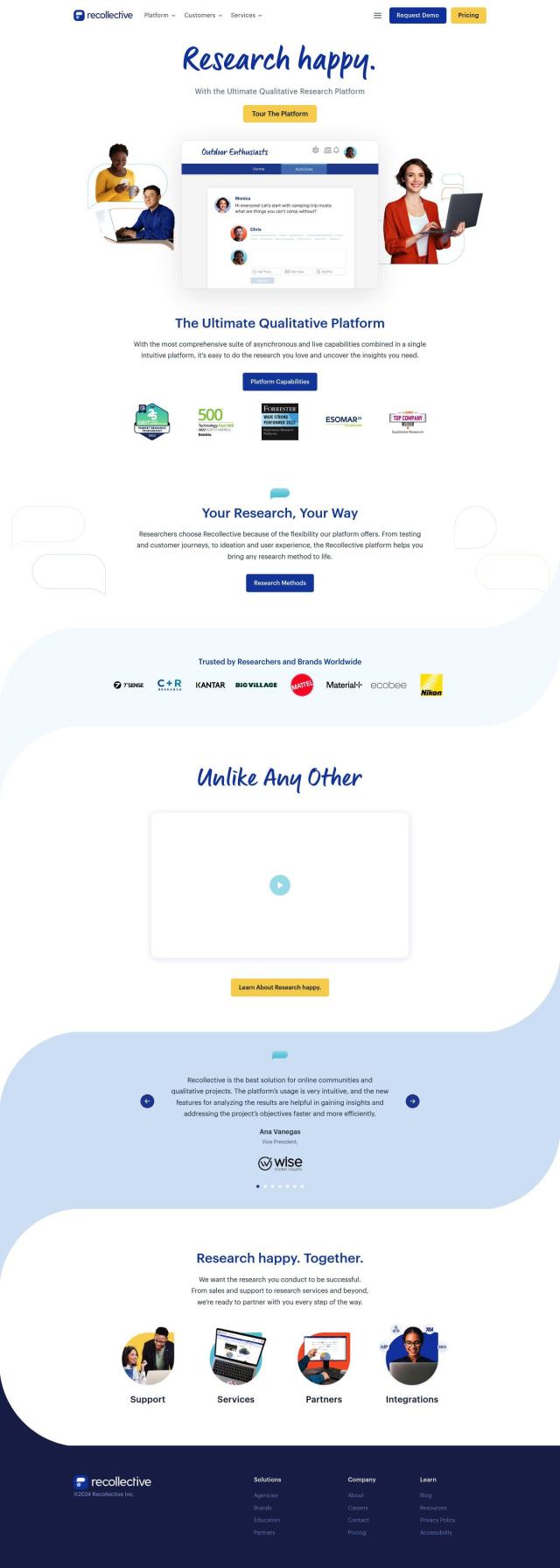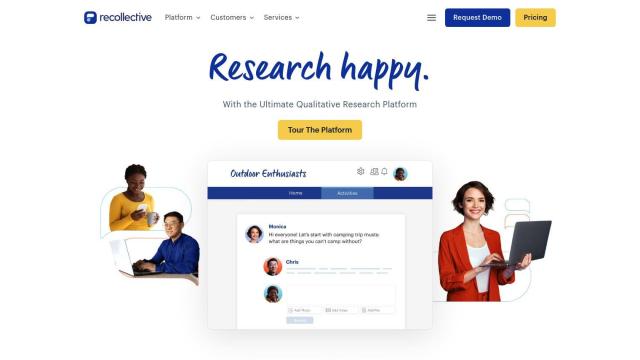Question: I'm looking for a tool that helps researchers collaborate on systematic reviews and literature searches.

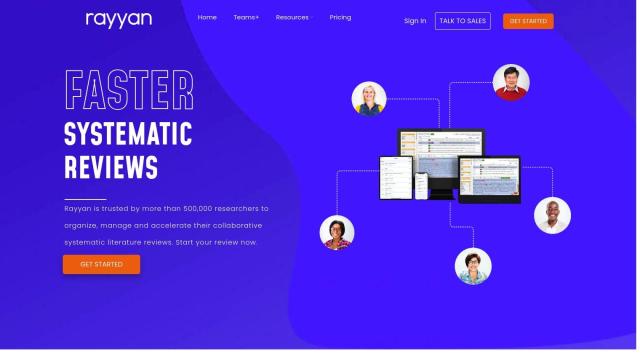
Rayyan
If you're looking for a tool to help researchers collaborate on systematic reviews and literature searches, Rayyan is a good option. This collaborative systematic review management tool accelerates the review process and facilitates remote research with features like advanced filtering facets, a 5-star relevance scoring system and industry leading de-duplication technology. It also offers mobile app access for offline work, training and priority support. Rayyan is geared for students, researchers and organizations, with a variety of pricing tiers to accommodate different needs.


Elicit
Another good option is Elicit, an AI research assistant designed to help you quickly find, summarize and extract data from more than 125 million academic papers. Elicit can spot themes and concepts, automate systematic reviews and meta-analyses, and keep you up to date with new research. It's available in Basic, Plus and Enterprise versions, so it's good for individual researchers and bigger organizations.
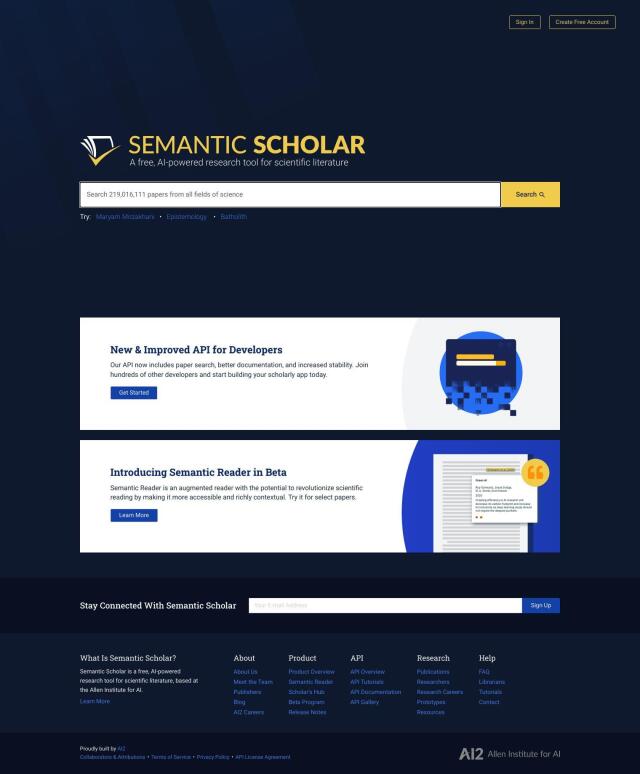
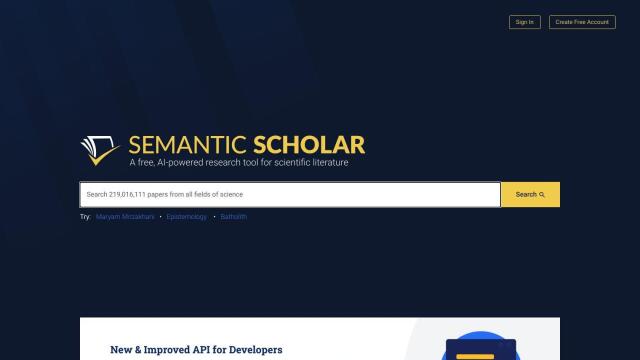
Semantic Scholar
For a more general research tool, check out Semantic Scholar. This free AI-powered service lets scholars search for and read relevant scientific papers in a database of more than 219 million papers. It's got powerful search filters, brief summaries and tools to cite papers and organize your research. On top of that, Semantic Scholar offers AI-powered research feeds, paper recommendations and automated email alerts, which can be useful for collaborative research projects.

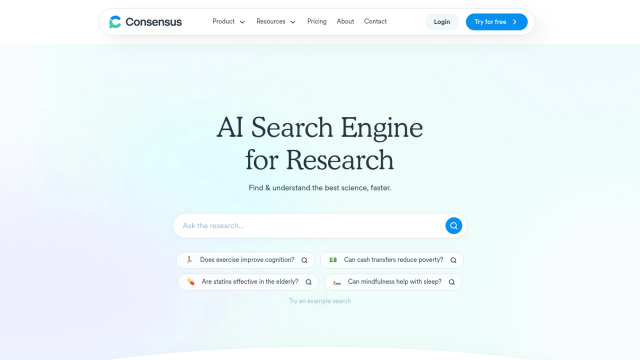
Consensus
Last, Consensus offers a powerful AI-powered academic search engine that can help you find and understand the most relevant science and research papers. It's got tools like Copilot and Consensus Meter for AI insights and proprietary search filters. Consensus is geared for students, researchers and organizations, with a variety of pricing tiers, including a free option, so it should be useful for different needs.

